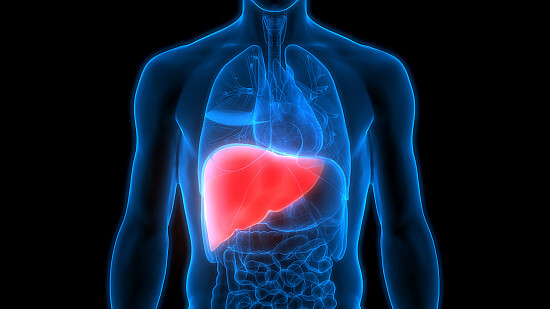The Yawning Epidemic Explained By Science
Thu 23 Feb 2017, 19:03:45

Picture this - you've had a long day at work and you are walking home. You open your mouth and let out a yawn - big and wide. The guy beside you sees you yawning and pretty soon, his mouth pops open and before you know it, you've started a yawning epidemic! But why does this happen?
Yawning As A Physiological Response
Simply put, if one member of the group starts yawning, the others unconsciously take a hint that the ambient air is cool enough for them to take in
One thing we know for sure is that yawning is ubiquitous- humans do it, and so do cats and dogs . But the jury is pretty divided when it comes to figuring out why it actually happens.
For a long time, it was believed that yawning gives you an extra boost of oxygen. But this theory has been long debunked because if it did hold true, a good amount of yawning would've followed exercising and strenuous workouts but that doesn't really happen. In fact, recent theories suggest that this reflex actually helps lower the temperature of your brain.
Because of physiological processes and metabolic activities, the temperature of the brain may increase. Taking in ambient air with your jaw wide open while yawning increases blood flow to your brain. If the air outside is cool, blood flow is relatively cooler which lowers brain temperature. This can be one reason why yawning reduces in summer - because warm air doesn't cool down your bloodstream and lower your brain temperature as much.
To test this hypothesis, a study was conducted in which people were shown a video of other people yawning while holding hot or cold ice packs to their foreheads. As expected, cold packs were successful in lowering the temperature of the blood flowing to the brain. This led to brain cooling which decreased the incidence of yawning.
So Is
Yawning Really Contagious?
Yawning Really Contagious?
This offers an explanation as to why yawning is contagious. It basically cues an instinctual behavior to regulate neural processes by cooling down your brain. Simply put, if one member of the group starts yawning, the others unconsciously take a hint that the ambient air is cool enough for them to take in and lower the temperature of their brains, so they can cool down and work better.
People who are more likely to yawn in response to others score higher on tests of empathy
The Psychological Aspect Of Yawning
Some people also believe this reflex has a psychological component. Research has in fact, demonstrated that people who are more likely to yawn in response to others score higher on tests of empathy.
In such cases, yawning can be viewed as an 'emotional contagion'- the sort that makes you smile when someone smiles at you, or feel fatigued when people around you are weary. A scientific study using f-MRI techniques demonstrated that the areas of the brain that light up during contagious yawning are actually the same ones involved in processing emotions, lending support to the psychological aspect of yawning.
Other studies have shown that you are more likely to yawn in response to a close friend or family-member yawning, as compared to a stranger. Given the empathy hypothesis, this makes sense because the closer you are to someone, the stronger your empathic bond with them.
The Takeaway
While the reasons why yawning is contagious are still debatable, one thing that is universally agreed upon is that yawning makes you less tired . So instead of cursing your coworker for making you drowsy at work with that 'yawn contagion', maybe you should thank them for cueing your body to cool down!
P.S - If this article made you yawn, we blame it on science!
No Comments For This Post, Be first to write a Comment.
Most viewed from Health
AIMIM News
Latest Urdu News
Most Viewed
May 26, 2020
Do you think Canada-India relations will improve under New PM Mark Carney?
Latest Videos View All
Like Us
Home
About Us
Advertise With Us
All Polls
Epaper Archives
Privacy Policy
Contact Us
Download Etemaad App
© 2025 Etemaad Daily News, All Rights Reserved.






























